Intro
Staying hydrated is one of the most essential aspects of maintaining good health. Water makes up approximately 60% of our body weight and plays a crucial role in many bodily functions, such as regulating body temperature, transporting nutrients, and removing waste products. Despite its importance, many people do not drink enough water, leading to dehydration and related health issues. In this article, we will explore the importance of hydration and provide tips on how to stay hydrated.
Hydration is vital for physical performance, cognitive function, and overall well-being. Even mild dehydration can cause symptoms such as headaches, fatigue, and difficulty concentrating. Severe dehydration can lead to serious health problems, including heat stroke, kidney damage, and even death. Fortunately, staying hydrated is relatively simple, and there are many ways to ensure you are getting enough fluids throughout the day.
Drinking enough water is not the only way to stay hydrated. There are many foods and beverages that can contribute to your daily fluid intake. In addition, there are several strategies that can help you stay hydrated, even in hot or dry environments. Whether you are an athlete, outdoor enthusiast, or simply looking to improve your overall health, learning how to stay hydrated is essential. In the following sections, we will discuss five ways to hydrate, including drinking water, consuming hydrating foods, drinking electrolyte-rich beverages, using hydration packs, and monitoring your urine output.
Drinking Water
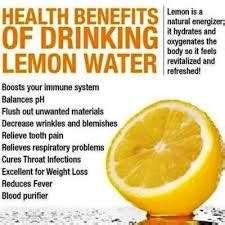
Benefits of Drinking Water
Drinking enough water has numerous health benefits, including: * Boosting energy levels and mental performance * Supporting weight loss and management * Improving skin health and appearance * Aiding in digestion and preventing constipation * Reducing the risk of certain diseases, such as kidney stones and urinary tract infectionsConsuming Hydrating Foods
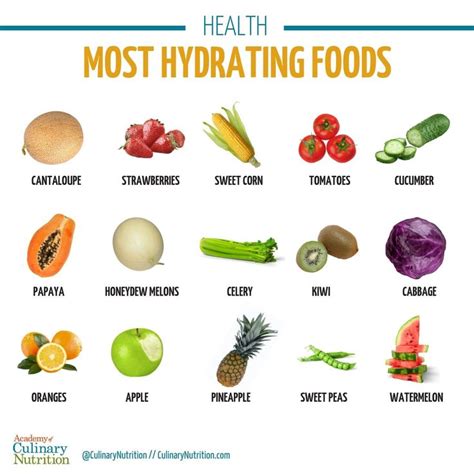
Benefits of Hydrating Foods
Consuming hydrating foods can provide several benefits, including: * Adding variety to your diet and reducing boredom with plain water * Providing essential nutrients, such as vitamins, minerals, and antioxidants * Supporting healthy digestion and bowel function * Aiding in weight management and satiety * Reducing the risk of certain diseases, such as heart disease and certain cancersDrinking Electrolyte-Rich Beverages
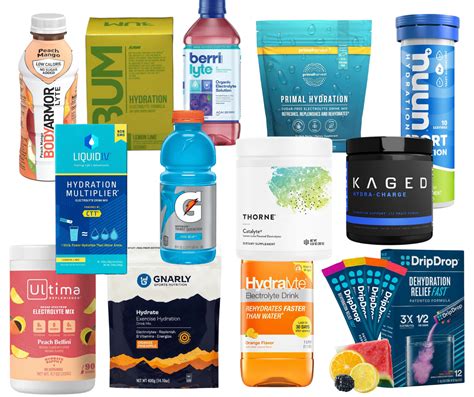
Benefits of Electrolyte-Rich Beverages
Drinking electrolyte-rich beverages can provide several benefits, including: * Replenishing electrolytes lost during physical activity * Supporting healthy muscle and nerve function * Aiding in hydration and reducing the risk of dehydration * Providing essential nutrients, such as potassium and magnesium * Supporting athletic performance and recoveryUsing Hydration Packs
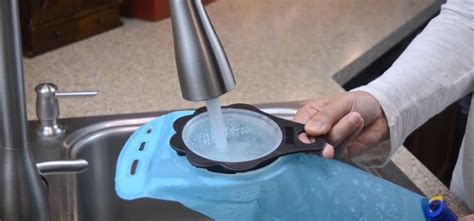
Benefits of Hydration Packs
Using hydration packs can provide several benefits, including: * Convenience and ease of use * Increased hydration and reduced risk of dehydration * Improved athletic performance and endurance * Reduced weight and bulk, compared to carrying water bottles * Versatility and adaptability to various outdoor activitiesMonitoring Your Urine Output
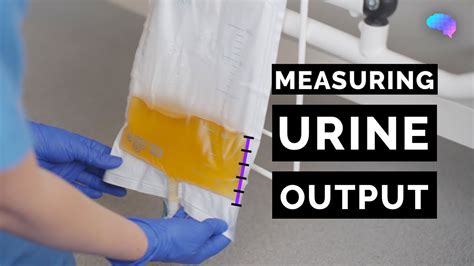
Benefits of Monitoring Urine Output
Monitoring your urine output can provide several benefits, including: * Early detection of dehydration and related health issues * Improved hydration and reduced risk of dehydration * Enhanced athletic performance and recovery * Support for healthy kidney function and overall well-being * Increased awareness of your body's hydration needs and response to different environments and activitiesWhat are the symptoms of dehydration?
+Common symptoms of dehydration include headaches, fatigue, dry mouth, dark urine, and dizziness. Severe dehydration can lead to more serious symptoms, such as heat stroke, kidney damage, and even death.
How much water should I drink daily?
+The recommended daily water intake varies depending on factors such as age, sex, weight, and activity level. Generally, the recommended daily water intake is at least eight cups (64 ounces) per day. However, some experts recommend drinking more, up to 10 cups (80 ounces) per day.
Can I get enough hydration from food alone?
+While some foods can contribute to your daily fluid intake, it is unlikely that you can get enough hydration from food alone. Water is essential for many bodily functions, and it is recommended to drink water regularly throughout the day to stay hydrated.
What are the benefits of drinking electrolyte-rich beverages?
+Drinking electrolyte-rich beverages can provide several benefits, including replenishing electrolytes lost during physical activity, supporting healthy muscle and nerve function, and aiding in hydration and reducing the risk of dehydration.
How can I stay hydrated during outdoor activities?
+Staying hydrated during outdoor activities can be achieved by drinking water regularly, consuming hydrating foods, using hydration packs, and monitoring your urine output. It is also essential to choose electrolyte-rich beverages wisely and avoid sugary drinks.
In conclusion, staying hydrated is crucial for maintaining good health, and there are many ways to ensure you are getting enough fluids throughout the day. By drinking water, consuming hydrating foods, drinking electrolyte-rich beverages, using hydration packs, and monitoring your urine output, you can stay hydrated and reduce the risk of dehydration and related health issues. We encourage you to share this article with friends and family, and to take the first step towards a healthier, more hydrated you. Leave a comment below with your favorite hydration tips, and join the conversation on social media using the hashtag #hydrationmatters.
